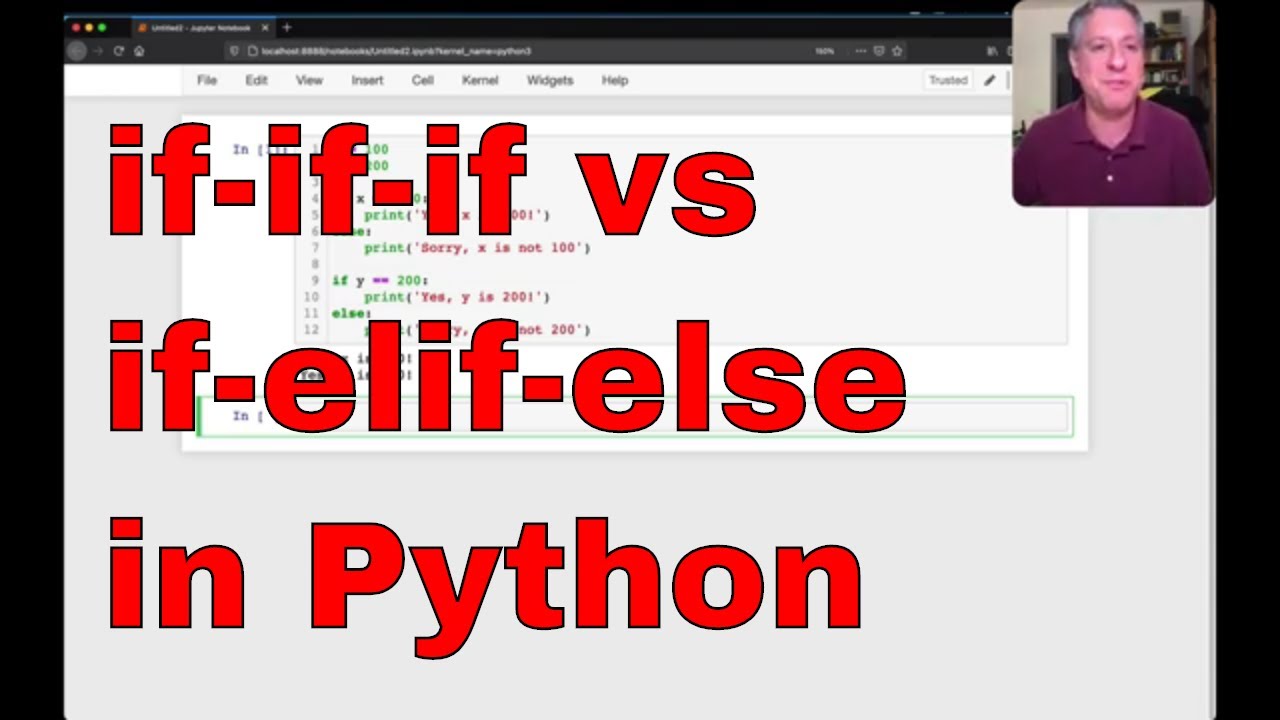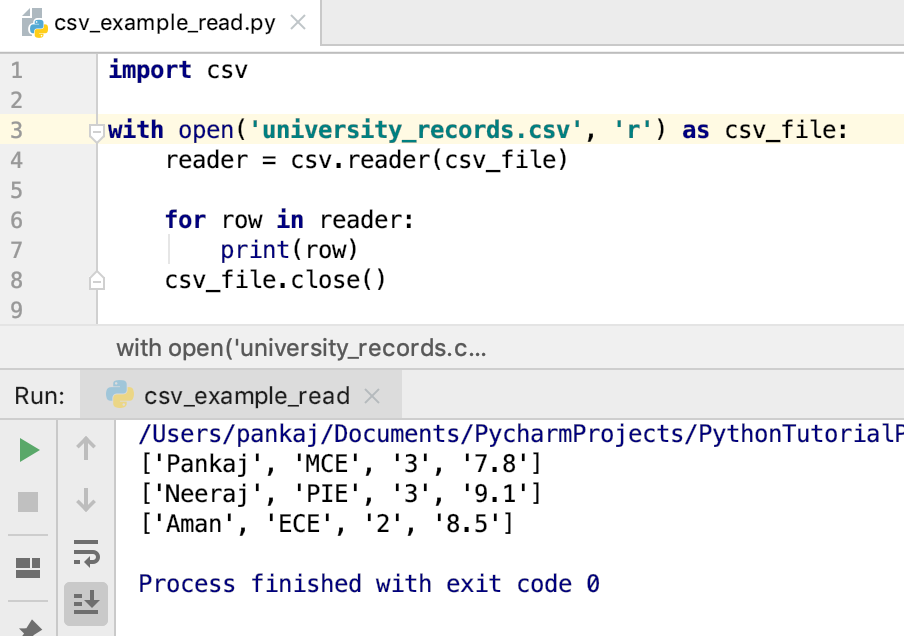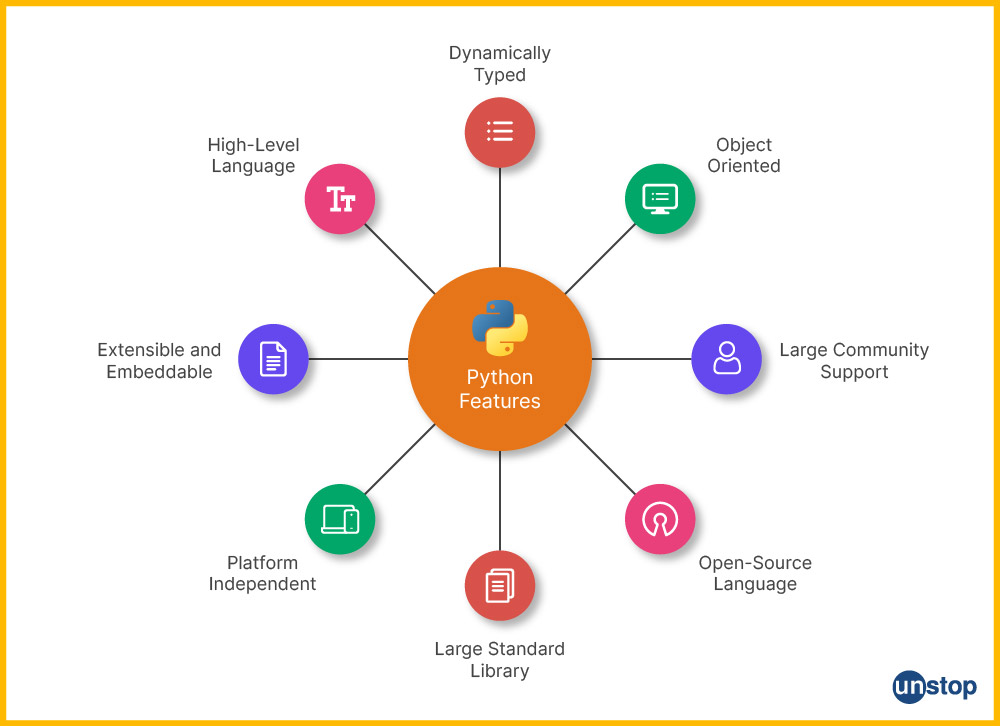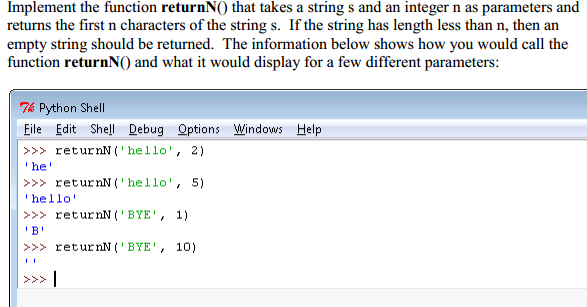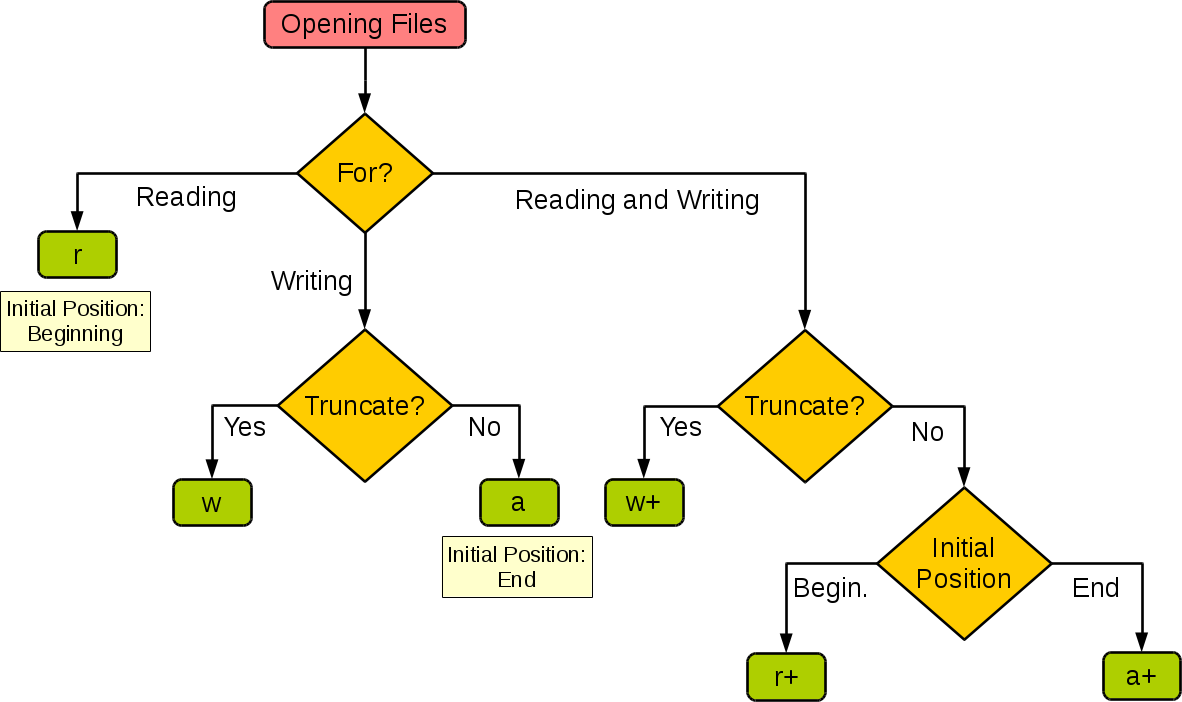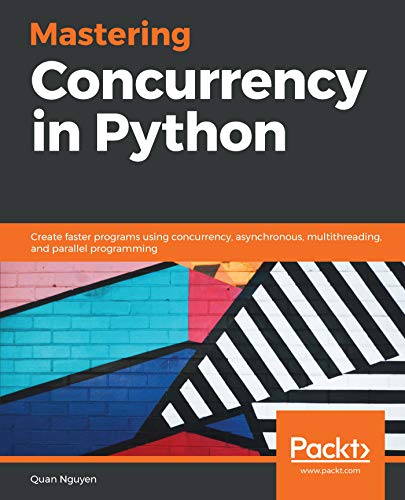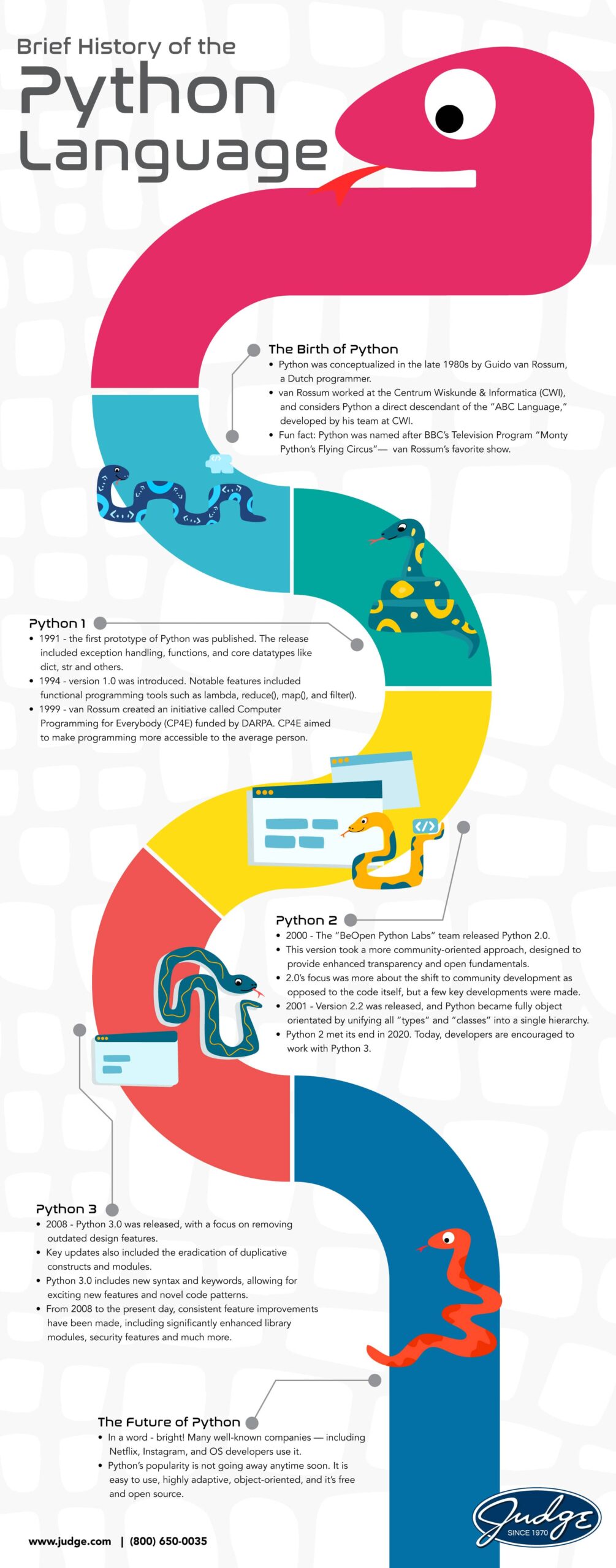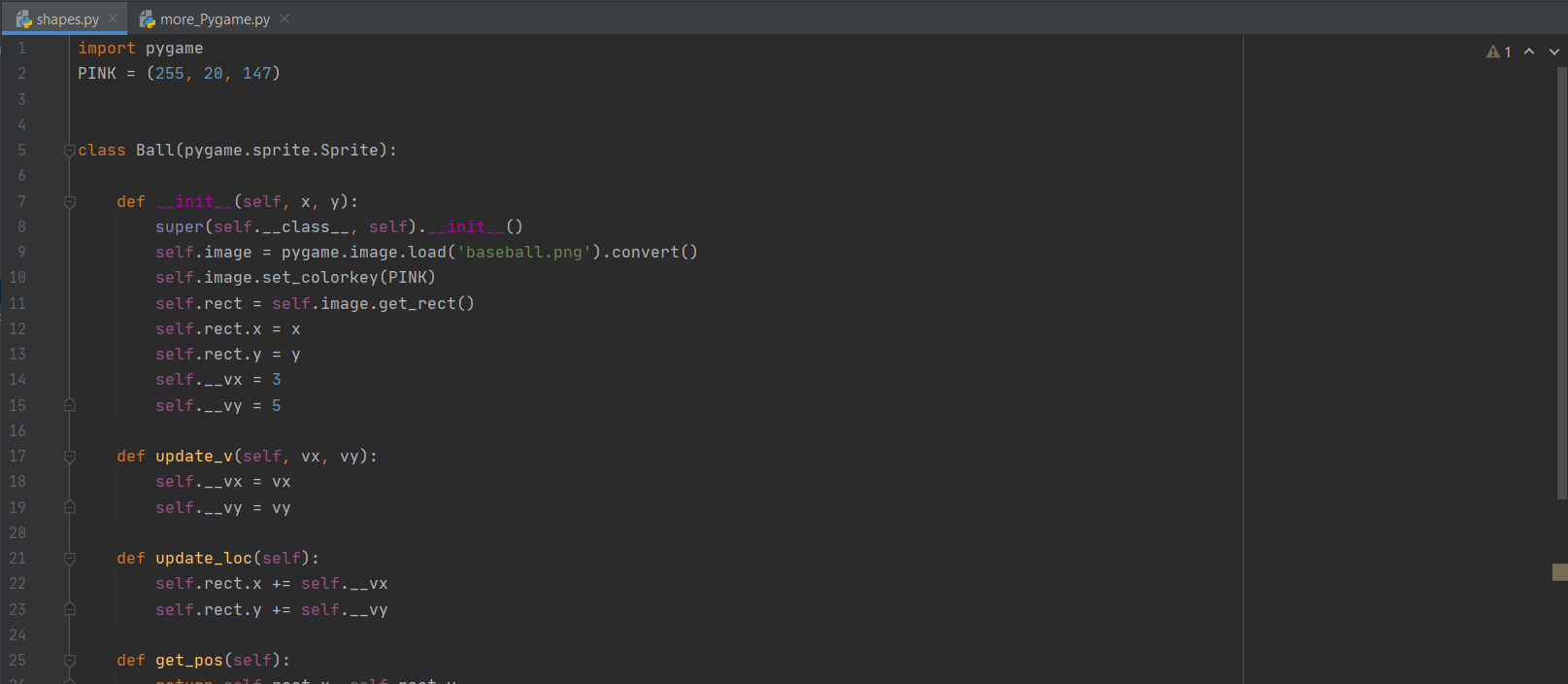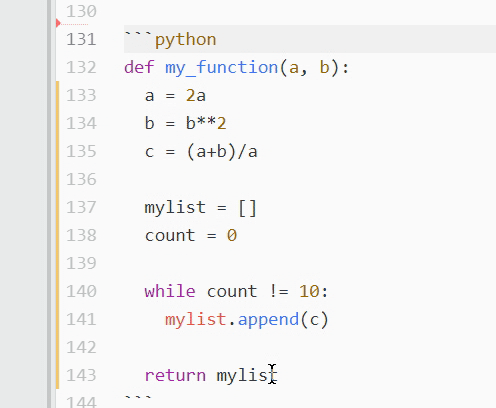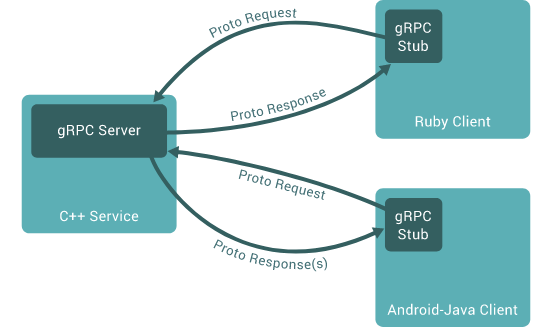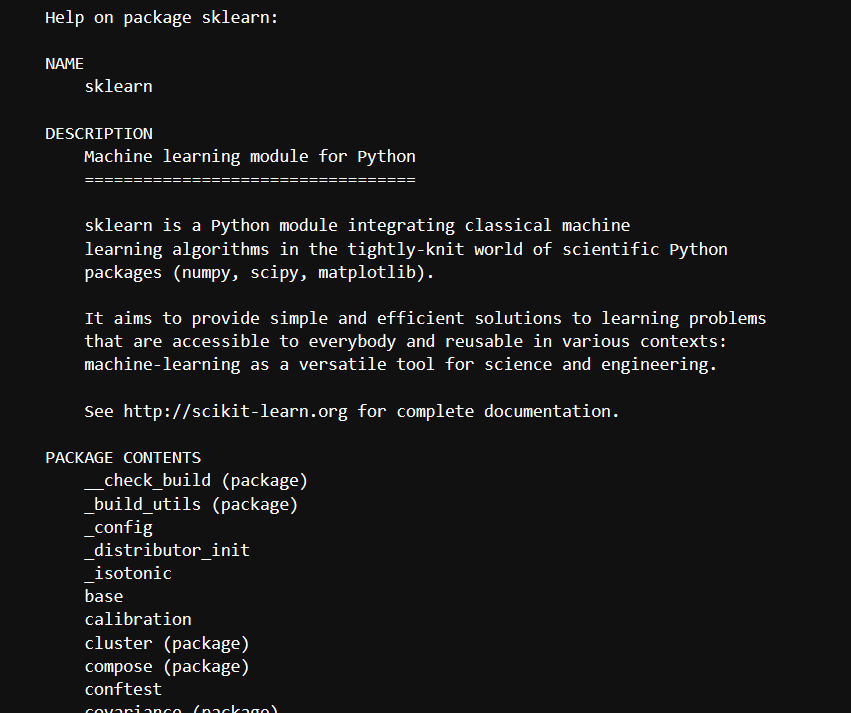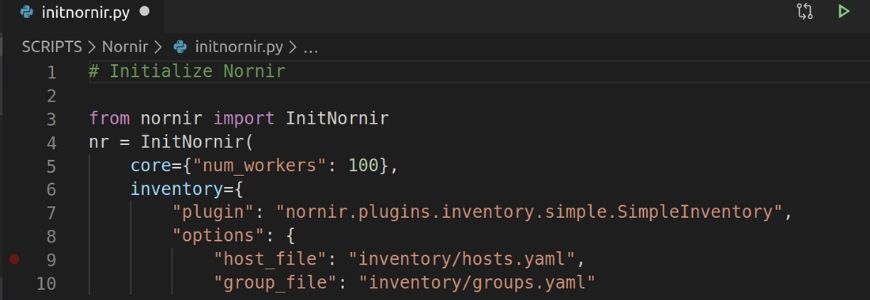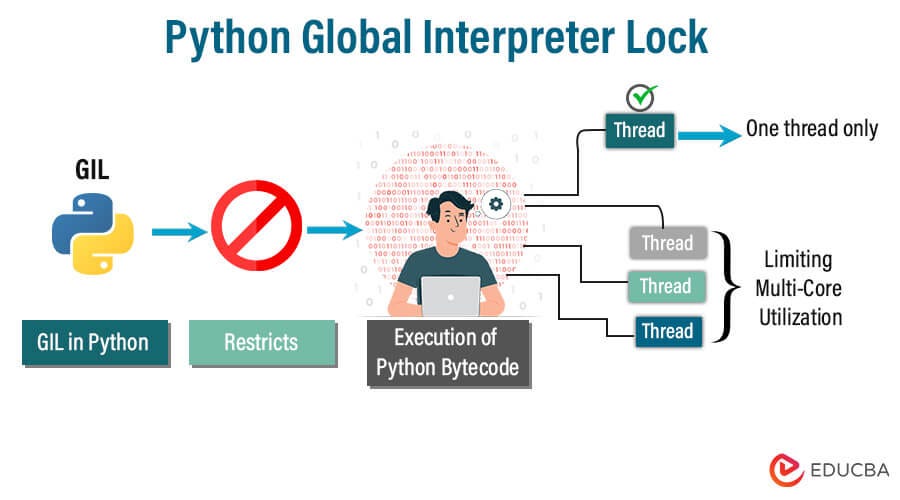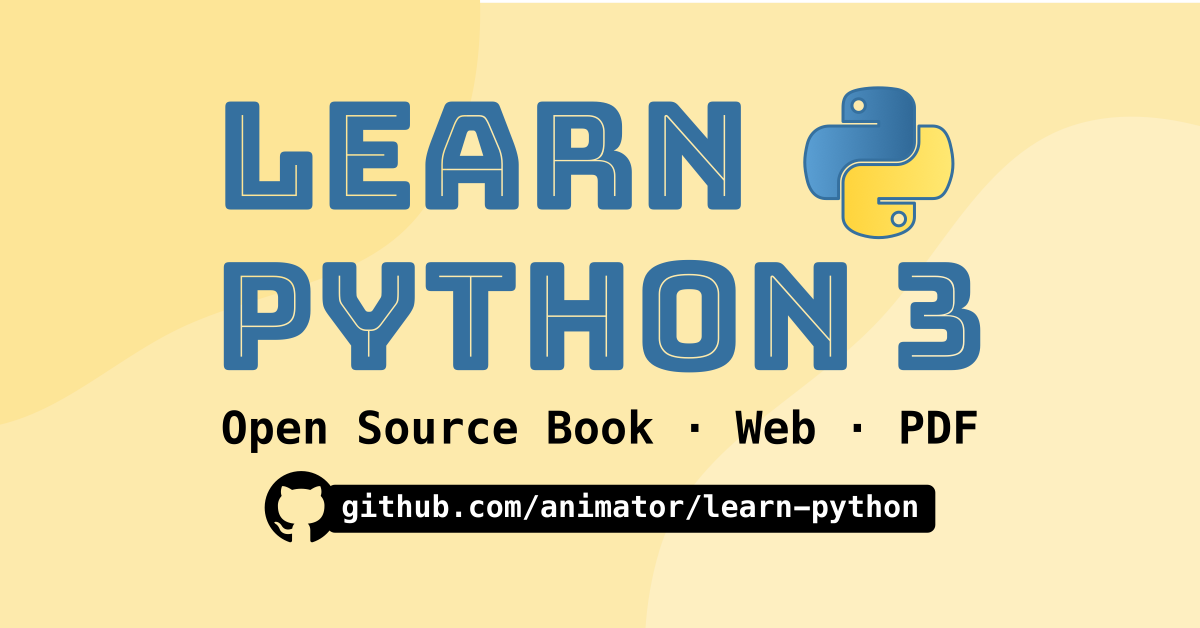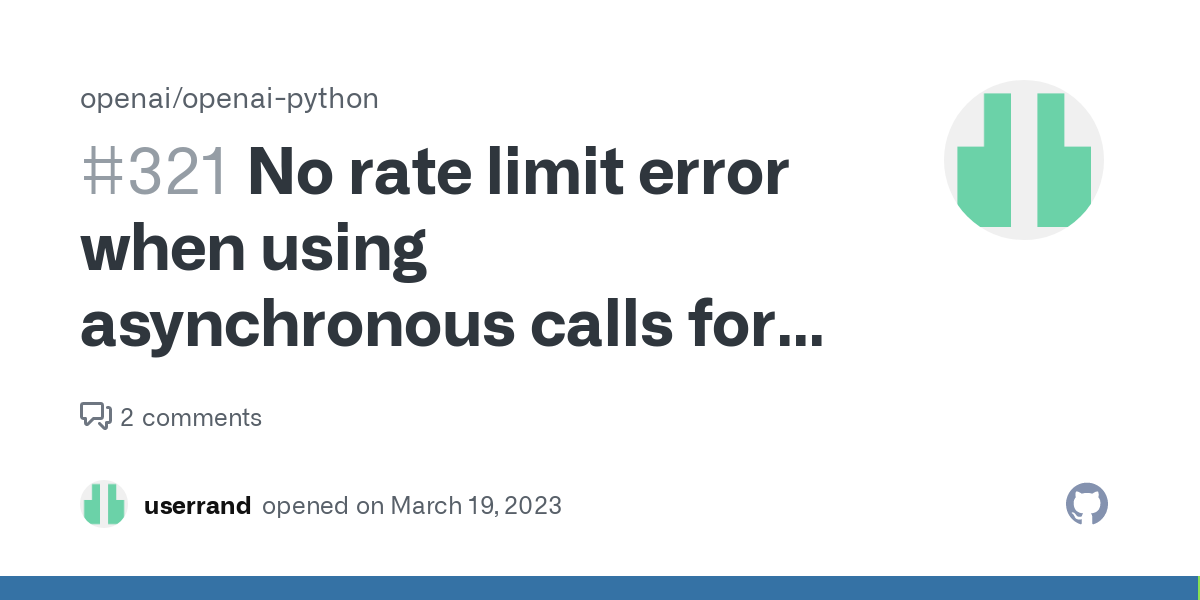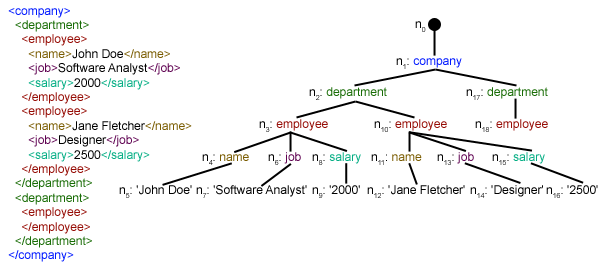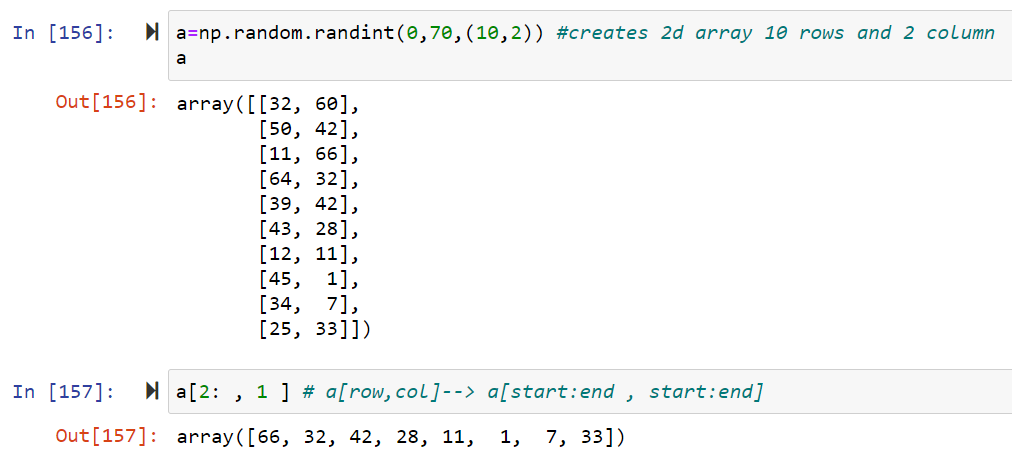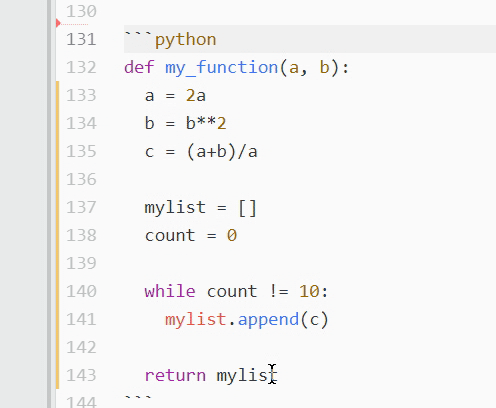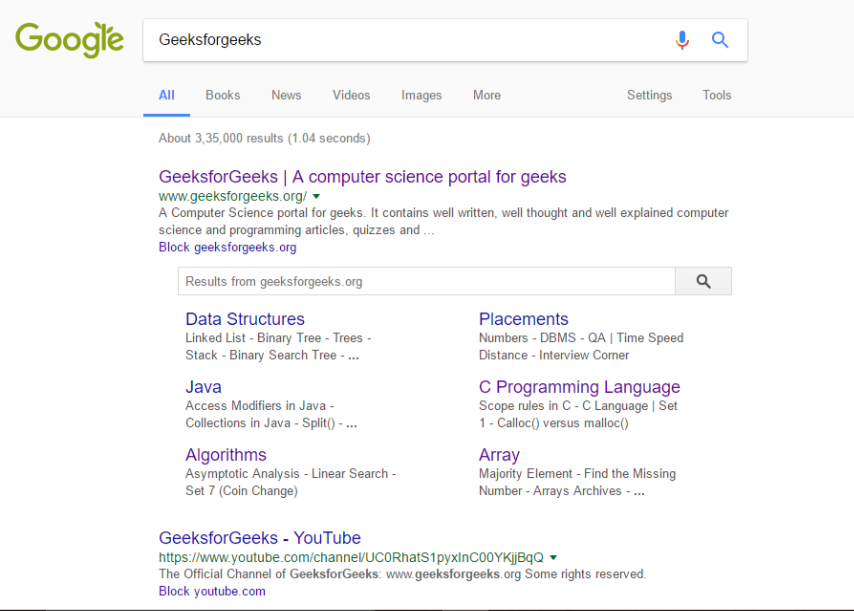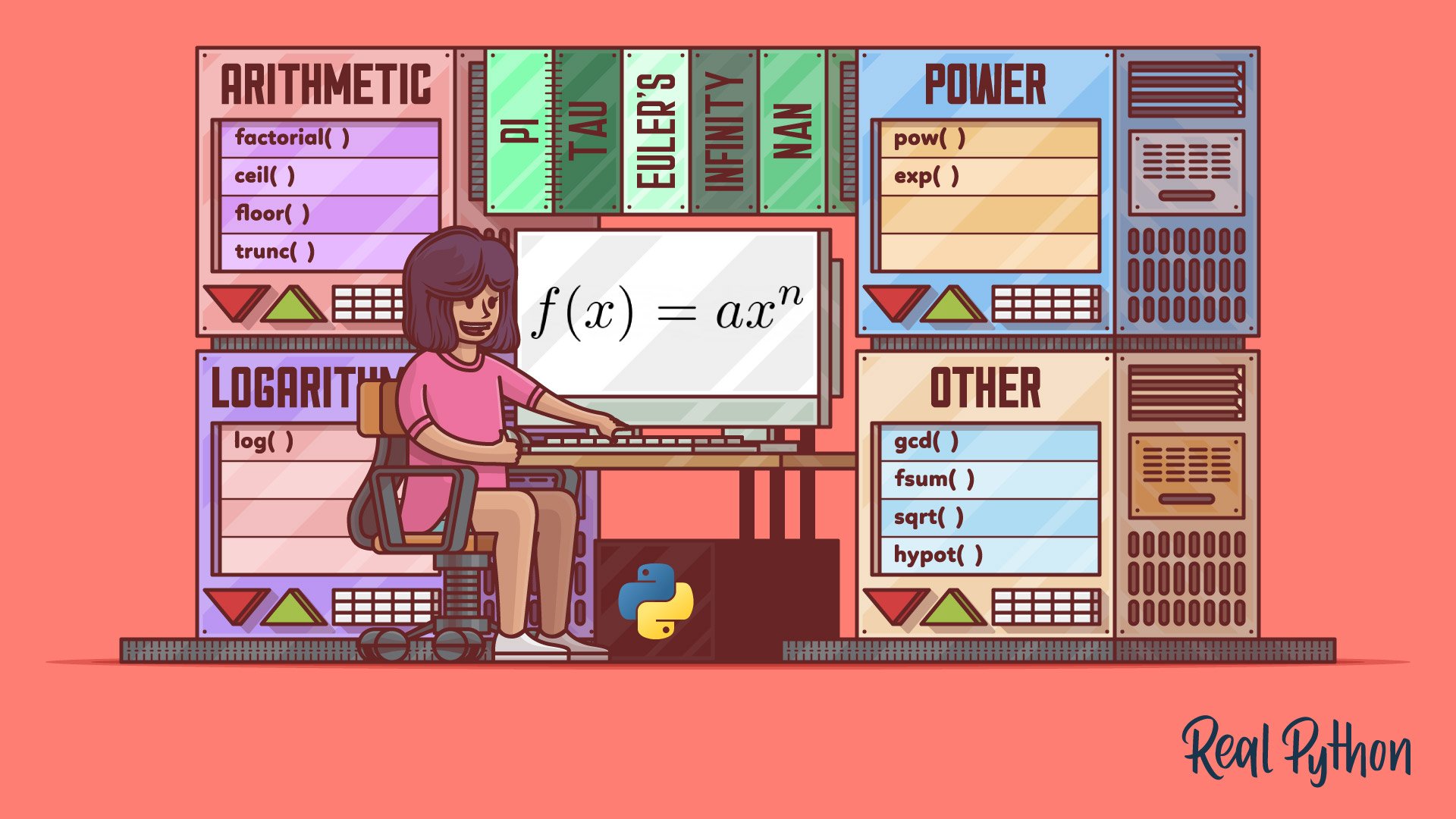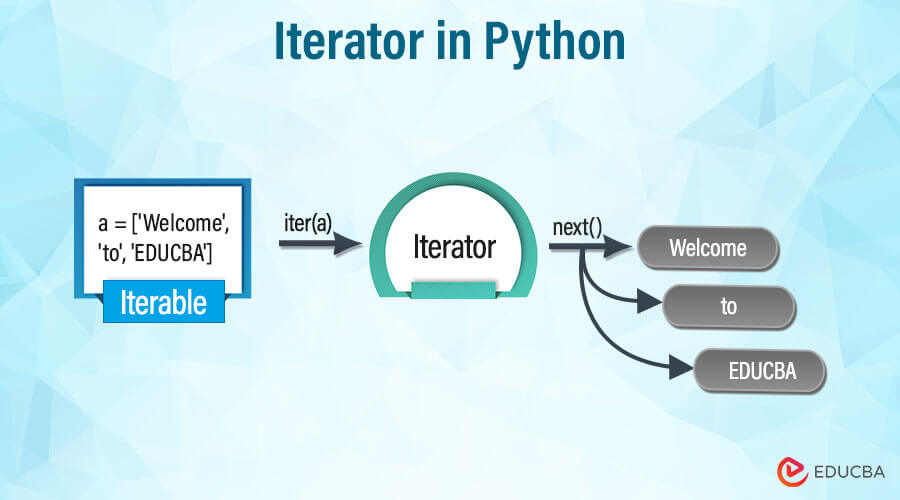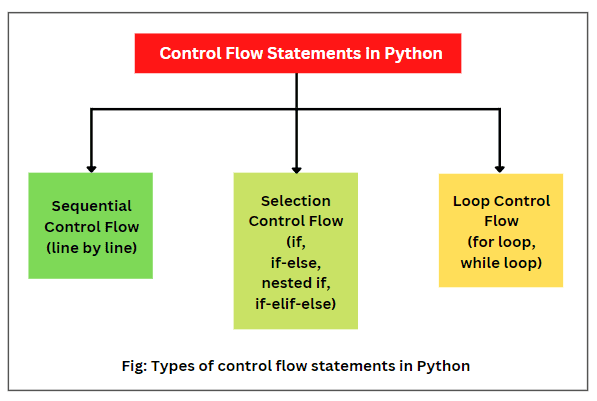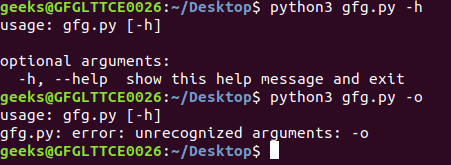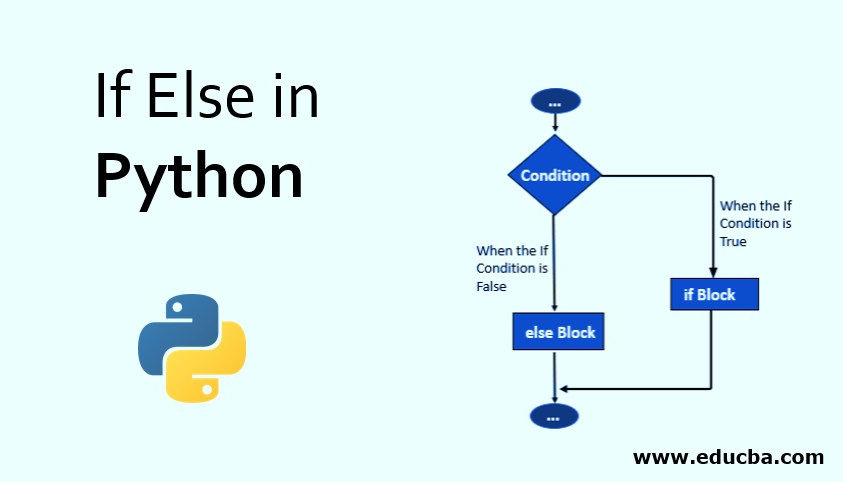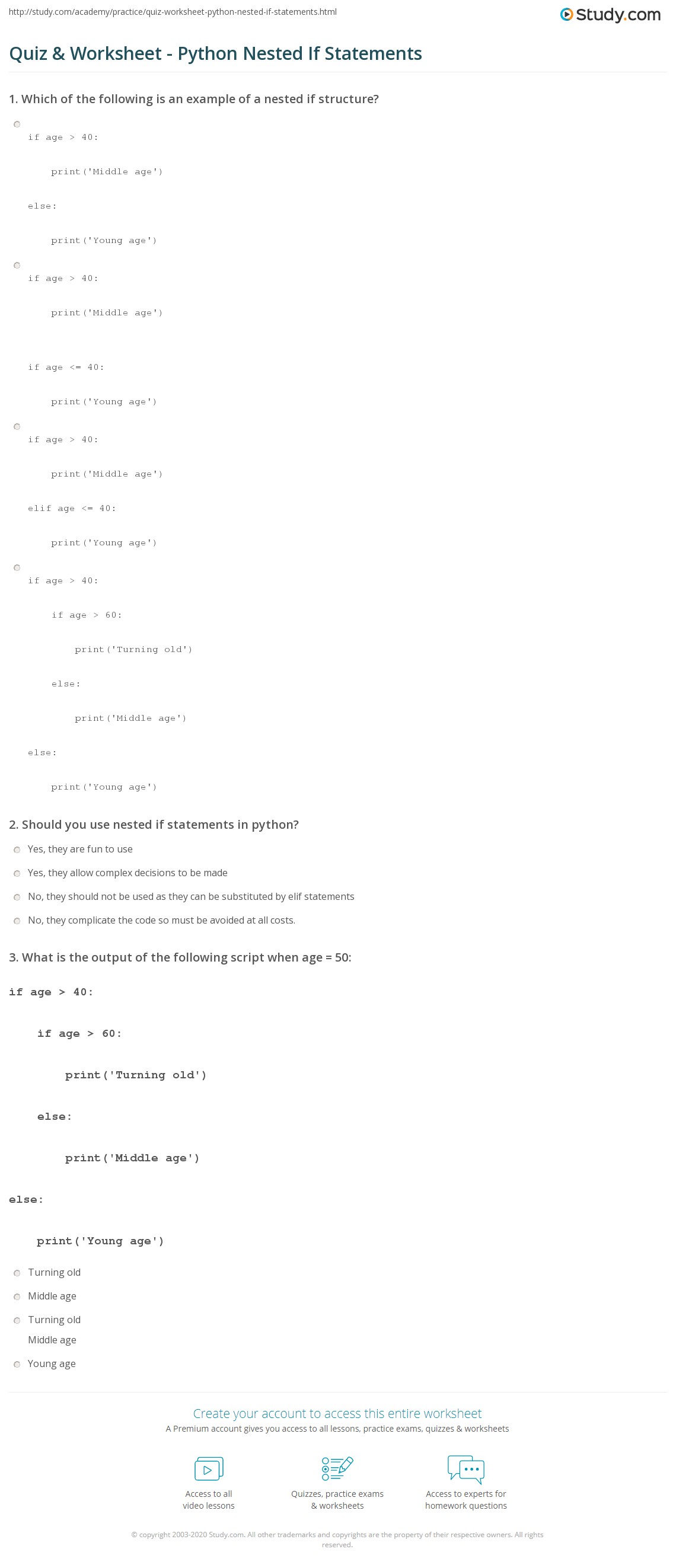What is the difference between elif and if in Python
What is the difference between elif and if in Python
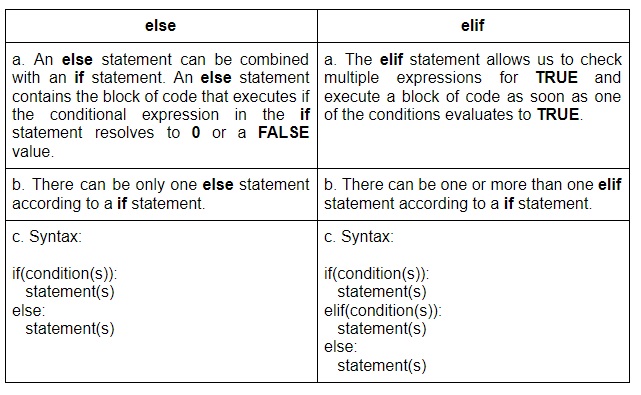
I'm happy to respond in English for you this time!
In Python, both if and elif (short for "else if") are used to implement conditional logic in your code. However, there is a key difference between the two:
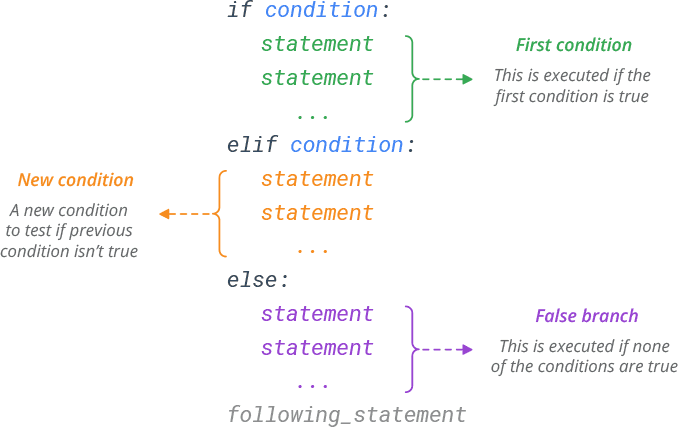
If Statement
An if statement is used to check a condition and execute a block of code only if that condition is true. If the condition is false, the code inside the if block will not be executed.
For example:

x = 5
if x > 10:
print("x is greater than 10")
In this example, since x is less than 10, the code inside the if block will not be executed, and no output will be printed.
Elif Statement
An elif statement is used to check another condition if the previous if or elif condition was false. It's essentially a "else if" clause that allows you to chain multiple conditions together.
For example:
x = 5if x > 10:
print("x is greater than 10")
elif x == 5:
print("x is equal to 5")
In this example, since x is not greater than 10 (the first condition), the code inside the first if block will not be executed. Then, since x is indeed equal to 5 (the second condition), the code inside the elif block will be executed and print "x is equal to 5".
Notice that if you want to check multiple conditions and execute different blocks of code depending on which one is true, you would use an if statement followed by multiple elif statements. This is called a "chain of ifs" or "conditional chain".
Key differences
Purpose: The primary purpose of anif statement is to check a condition and execute code only if that condition is true. An elif statement, on the other hand, is used to check another condition if the previous one was false. Order of execution: In Python, you can't mix and match if and elif statements randomly. The order of execution is as follows: if -> elif (if the if condition is false) -> else (if no other conditions are true). Code organization: Using elif statements allows you to group related conditions together, making your code more organized and easier to read.
In summary, while both if and elif statements are used for conditional logic in Python, the key difference lies in their purpose, order of execution, and code organization. By understanding how to use these two statements effectively, you can write more efficient, readable, and maintainable code.
When to use elif and else in Python
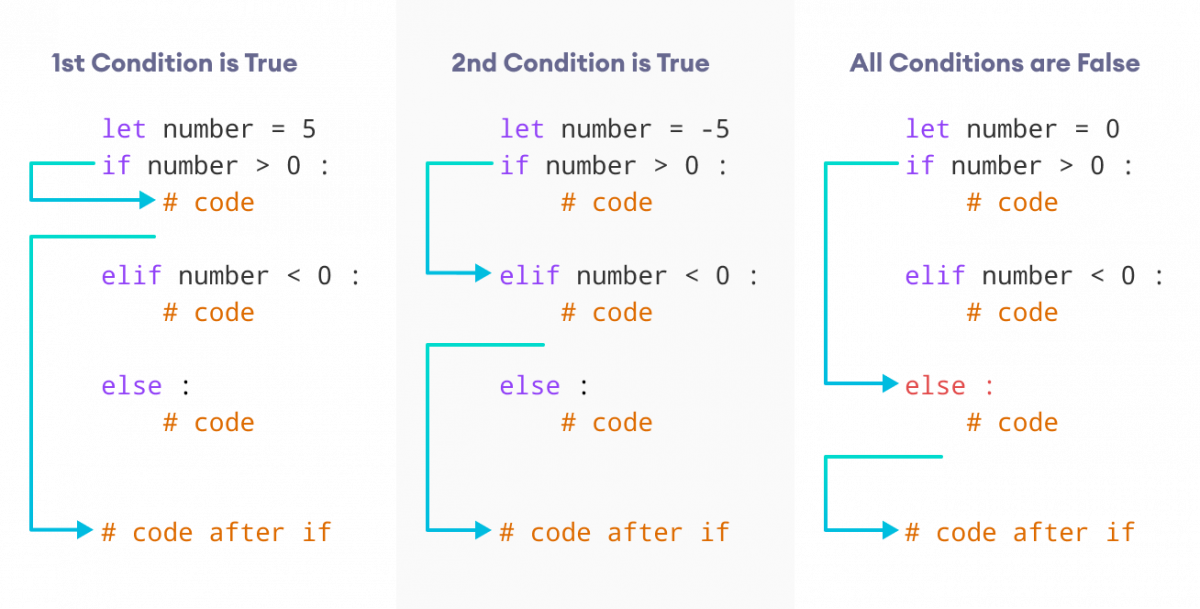
I'm happy to help you with that!
In Python, the if-elif-else structure is used to control the flow of a program based on conditions or statements. Understanding when to use elif and else is crucial in writing efficient and readable code.
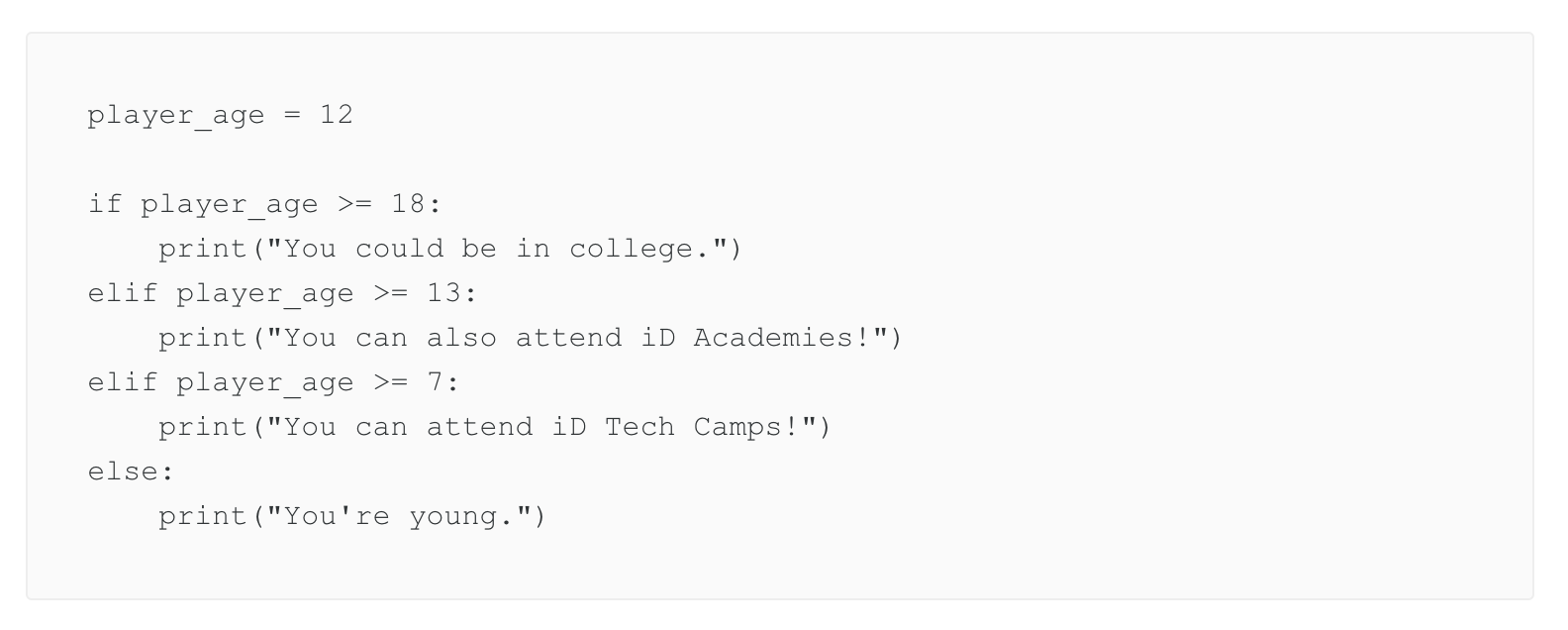
What are if, elif, and else?
If: Theif statement is used to execute a block of code only if a specific condition is met. It's like saying "only if this is true, do something." Elif (Else-If): The elif statement is used when you have multiple conditions that need to be checked in sequence. It's like saying "try this first, if not, try that next..." Else: The else statement is used as a catch-all or default case when none of the previous conditions are met. It's like saying "if none of these are true, then do this."
When to use each?
Use If: When you only need to execute code based on one specific condition. When the condition is simple and doesn't require complex logic.Example:
x = 5
if x > 10:
print("x is greater than 10")
Example:
x = 5
if x > 10:
print("x is greater than 10")
elif x == 5:
print("x is equal to 5")
else:
print("x is less than 10")
Example:
x = 2
if x > 5:
print("x is greater than 5")
elif x == 2:
print("x is equal to 2")
else:
print("x is less than or equal to 5")
Best Practices
Useelif and else statements only when necessary. Keep the conditions simple and easy to read. Use whitespace and indentation to make your code readable.
In conclusion, if, elif, and else statements are essential in Python programming. Understanding when to use each will help you write efficient, readable, and maintainable code. Always keep in mind that simplicity is key, so don't overcomplicate things!
